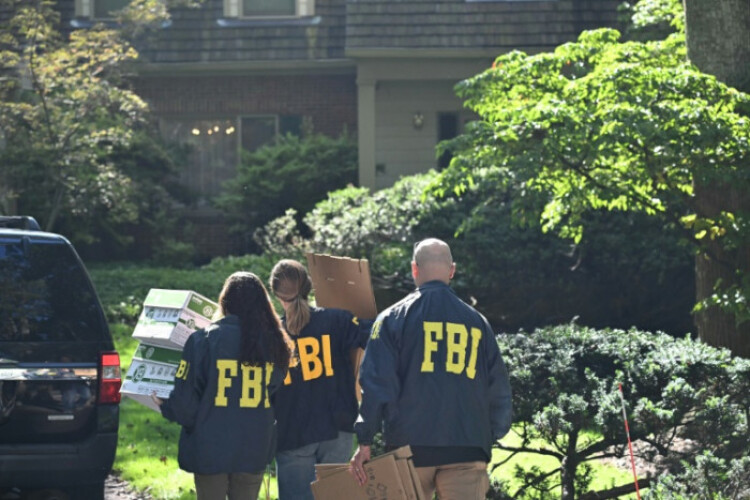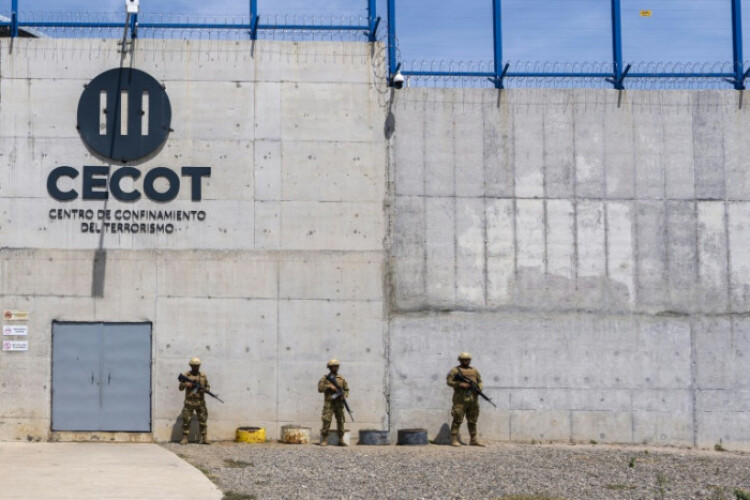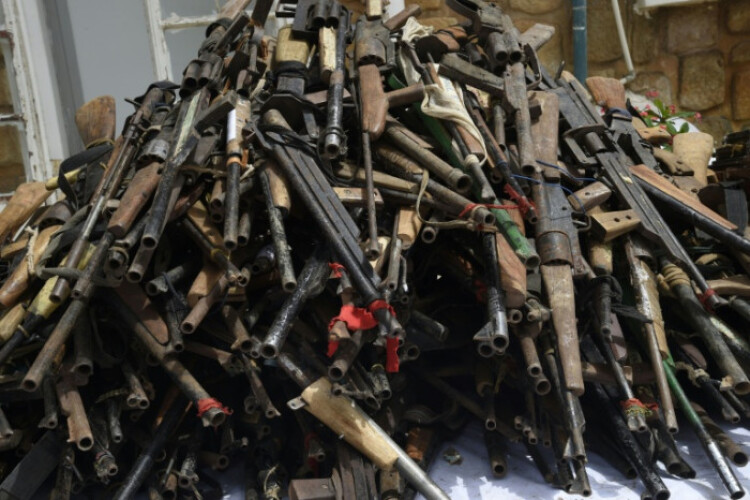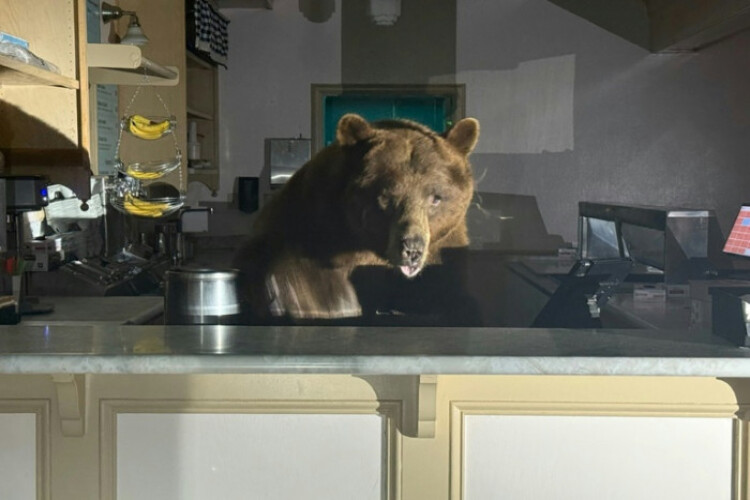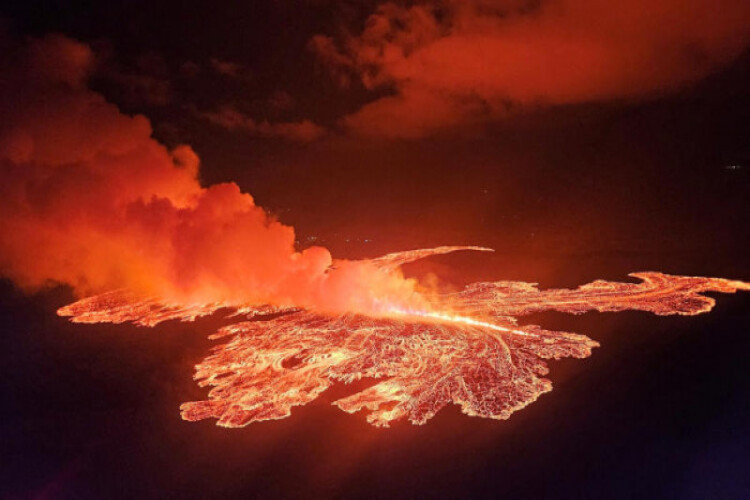
OSLO — A volcano near Iceland's capital erupted late on Wednesday for the 10th time in three years, spewing fountains of lava and smoke, the country's meteorological office said, but there were no disruptions to air traffic or infrastructure.
Iceland, with nearly 400,000 inhabitants, is located on the fault line between the Eurasian and North American tectonic plates, making it a seismic hotspot with geysers, warm-water springs and dozens of volcanoes.
Social media livestreams from the area showed glowing hot lava in bright yellow and orange shades shooting up into the night sky.
The first signs of an eruption were recorded just 45 minutes before a massive ground fissure, now estimated to be around three kilometres (1.9 miles) long, was opened by magma forcing its way through the earth's crust, Iceland's meteorological office said.
Authorities had previously warned of volcanic activity as magma accumulated beneath the Reykjanes peninsula, some 30 km (20 miles) southwest of the capital Reykjavik, where the most recent eruption ended only on Sept 6. However, there had been no noticeable increase in seismic activity in recent weeks, the meteorological office said.
Wednesday's eruption was estimated to be significantly smaller than the previous one, it added.
The outbreaks on the Reykjanes peninsula, known as fissure eruptions, have not directly affected the capital city and do not cause significant dispersals of ash into the stratosphere, avoiding air traffic disruption.
Reykjavik's Keflavik Airport said on its website that flights were unaffected, and no crucial infrastructure was in danger, but the Blue Lagoon, a luxury geothermal spa resort, had shut down and evacuated its guests, according to public broadcaster RUV.
The nearby fishing town of Grindavik, home to nearly 4,000 residents before an evacuation order in December last year, remains mostly deserted due to the periodic threat from lava flows.
There was no indication that lava was flowing towards the town, but some 50 houses occupied by people who have returned were evacuated, the civil protection agency said in a statement.
Lying dormant for 800 years, the geological systems in the area reactivated in 2021 and have since erupted at rising frequency, with the latest outbreak being the sixth so far in 2024.
Experts have warned that Reykjanes is likely to experience repeated volcanic outbreaks for decades, possibly even centuries.
Iceland, with nearly 400,000 inhabitants, is located on the fault line between the Eurasian and North American tectonic plates, making it a seismic hotspot with geysers, warm-water springs and dozens of volcanoes.
Social media livestreams from the area showed glowing hot lava in bright yellow and orange shades shooting up into the night sky.
The first signs of an eruption were recorded just 45 minutes before a massive ground fissure, now estimated to be around three kilometres (1.9 miles) long, was opened by magma forcing its way through the earth's crust, Iceland's meteorological office said.
Authorities had previously warned of volcanic activity as magma accumulated beneath the Reykjanes peninsula, some 30 km (20 miles) southwest of the capital Reykjavik, where the most recent eruption ended only on Sept 6. However, there had been no noticeable increase in seismic activity in recent weeks, the meteorological office said.
Wednesday's eruption was estimated to be significantly smaller than the previous one, it added.
The outbreaks on the Reykjanes peninsula, known as fissure eruptions, have not directly affected the capital city and do not cause significant dispersals of ash into the stratosphere, avoiding air traffic disruption.
Reykjavik's Keflavik Airport said on its website that flights were unaffected, and no crucial infrastructure was in danger, but the Blue Lagoon, a luxury geothermal spa resort, had shut down and evacuated its guests, according to public broadcaster RUV.
The nearby fishing town of Grindavik, home to nearly 4,000 residents before an evacuation order in December last year, remains mostly deserted due to the periodic threat from lava flows.
There was no indication that lava was flowing towards the town, but some 50 houses occupied by people who have returned were evacuated, the civil protection agency said in a statement.
Lying dormant for 800 years, the geological systems in the area reactivated in 2021 and have since erupted at rising frequency, with the latest outbreak being the sixth so far in 2024.
Experts have warned that Reykjanes is likely to experience repeated volcanic outbreaks for decades, possibly even centuries.

